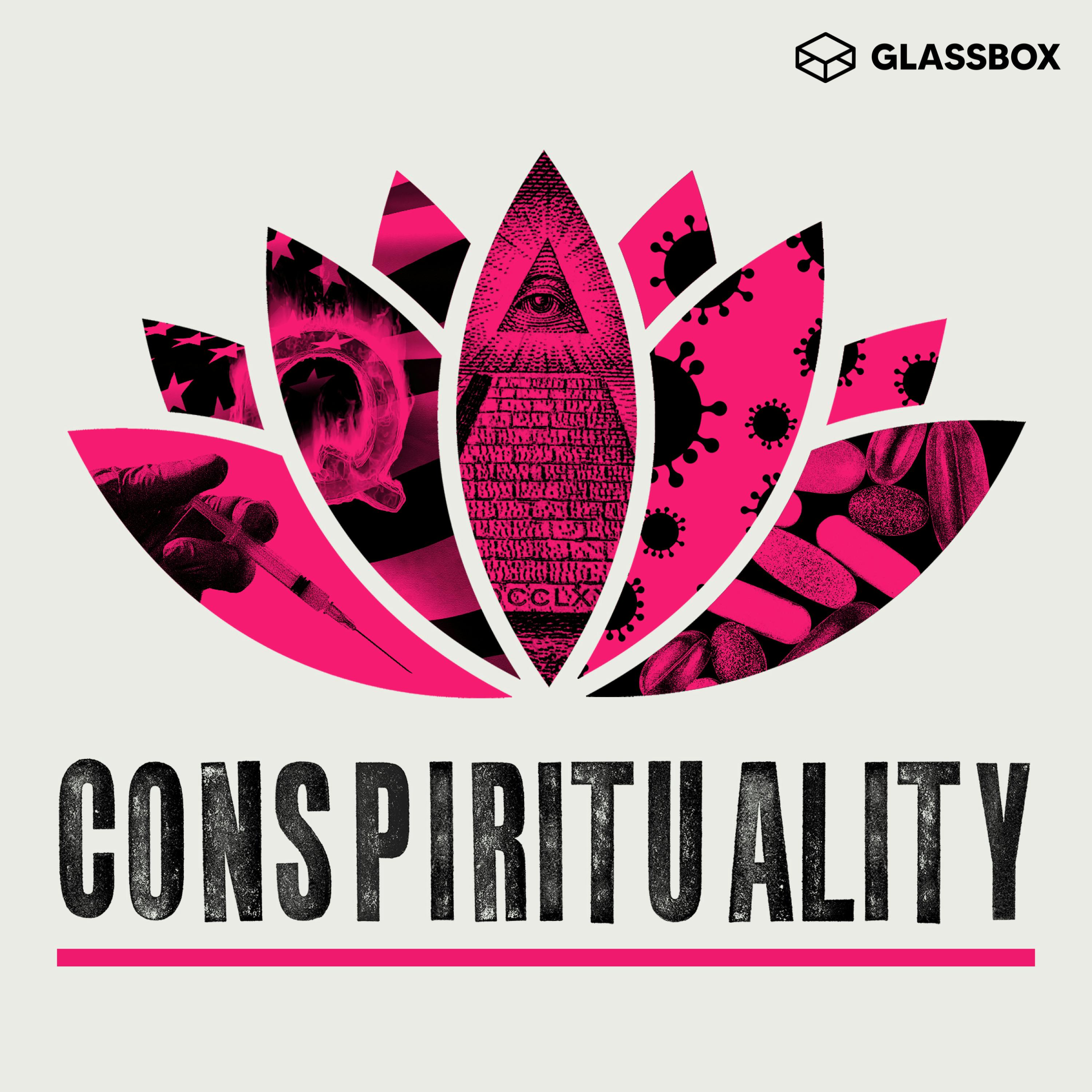221: The Dangers of Dr Google (w/Dr Jonathan Stea)
Description
In one survey, 82% of young people aged 18-25 searched the internet for mental health advice. Another survey of university students found that 44% report using the internet to learn about sadness, anxiety, or confusion. Regardless of what mental health experts advise, people of all age groups are turning to the internet and social media for help.
What are the potential risks and rewards of using these platforms to try to communicate credible mental health science? And what happens when you’re endlessly trolled for being a “Big Pharma shill,” even when you don’t have prescriptive powers and only offer talk therapy in your clinical practice?
Clinical psychologist Jonathan Stea joins us to discuss these difficult questions. His new book, Mind the Science: Saving Your Mental Health from the Wellness Industry, is a field guide that responds to some of the intense challenges earnest seekers face when trying to navigate waters filled with supplements-slinging sharks who believe they can diagnose mental health conditions with zero training.
Show Notes
AI-generated video of Trump on ayahuasca
Mind the Science: Saving Your Mental Health from the Wellness Industry
Learn more about your ad choices. Visit megaphone.fm/adchoices
More Episodes
Once upon a time, there was a golden age. A time when the news media was fair and balanced, unbiased and honest. But we've lost all that to the corrupting influence of big money, political correctness, and woke censorship. Blame the radical left.
Not to worry: the online charisma of heterodox new...
Published 11/14/24
Published 11/14/24
Matthew got The Question on the morning after the election. At that moment, he came up with nothing but a hug. But then he chewed on it for days, and came up with eleven things to consider.
So here are some notes for possible conversations with tweens about anxiety, bullies, fascism, friends,...
Published 11/11/24


